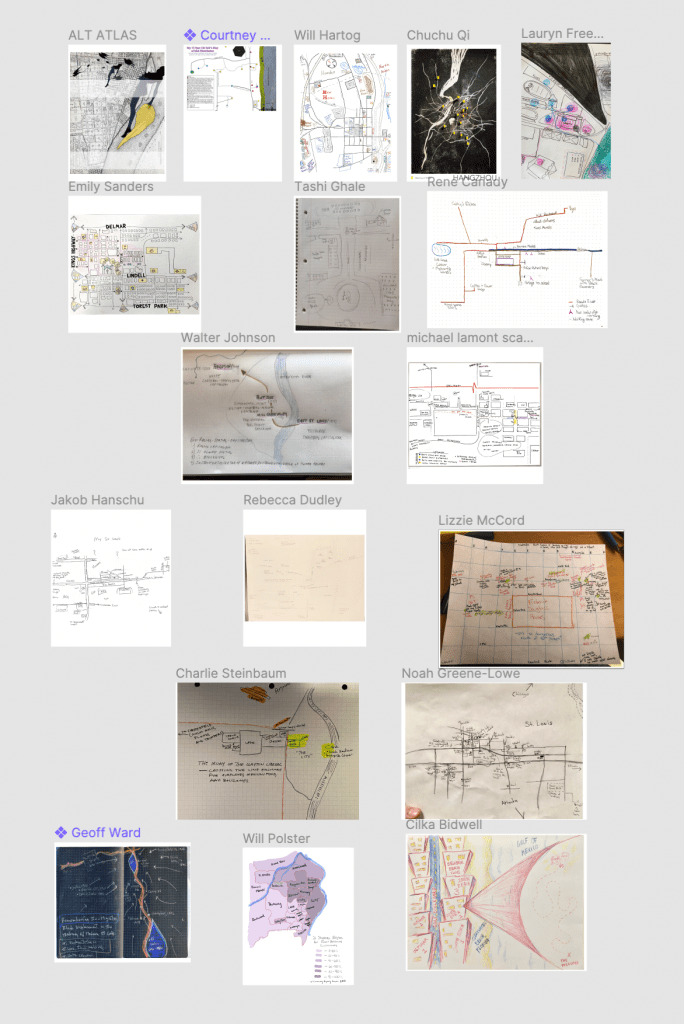
CRE2 Graduate Course Innovation Grant (Credits, variable)
The submission cycle for Graduate Course Innovation Grant is now closed.
Course Description
This graduate-level seminar will be offered by a CRE2 Faculty Affiliate. Team-taught courses are also eligible and encouraged to apply. CRE2 will fund the course in an amount up to $5,000. Course funding may be used to create a dynamic, innovative, and collaborative graduate experience. Examples include invitations to leading scholars from across the country and world to engage with their course; creating a lab experience with local organizations and stakeholders; generating a range of collaborative outcomes that go beyond the traditional seminar paper, such as an exhibit, media (podcasts, op-eds, revised Wiki entries), a database, etc. The Course should follow the mission of CRE2 to develop insurgent methodologies, new vocabularies and grammars, and expand conversations about the study of race, ethnicity, and/or equity.
Any CRE2 Faculty Affiliate teaching graduate or professional school students in fields related to the study of race/ethnicity can apply for the Graduate Innovation Course . All proposals are welcome; however, we especially encourage those with new courses and experiences to apply. You can also propose learning innovations to an existing course. The course must be open to graduate/professional students outside of the Faculty Affiliate’s department.
Proposal submissions for the Graduate Course Innovation Grants in academic year 2024–2025 will be due by October 16, 2023. The Course Award will be announced in November 2023.
Applications should include the following:
- The CRE2 cover sheet with your chair or dean’s signature. If applying to team teach, each applicant must submit a separate cover sheet.
- A three-page current CV
- Course description and abbreviated syllabus or course outline
- Proposal of up to 800 words
The following criteria will be used in evaluating the proposals by an appointed Graduate Course Innovation Grant Selection Committee:
1. The overall quality and significance of the proposed engagement;
2. The usefulness of the Course in expanding the University’s course offerings in the study of race/ethnicity;
3. The usefulness of the Course at this stage in the applicant’s career trajectory, including their overall research program; and
4. The potential of the proposed work to advance the broader study of race/ethnicity
The Center’s Associate Director will monitor progress on Graduate Course Innovation Grants. Grantees will provide an expense report upon request. Grantees will submit a final progress report including any grant proposals, publications, exhibitions, or other scholarly products submitted or in preparation within one (1) month after the end date of their Course period and will notify CRE2 of any proposals, exhibitions, and other scholarly products subsequently submitted or awarded/accepted. Grantees’ will acknowledge the CRE2 Graduate Course Innovation Grant program using the statement, “This work has been funded by the Center for the Study of Race, Ethnicity & Equity at Washington University in St. Louis Graduate Course Innovation Grant.”
Cover Sheet
Before applying, please download the cover sheet to be signed by your department chair or Dean. You will be asked to upload the completed and signed coversheet during the application process:
Spring 2025 Rotating Graduate Studio
Cahokia to Contemporary: Native American Arts, Past(s) and Future
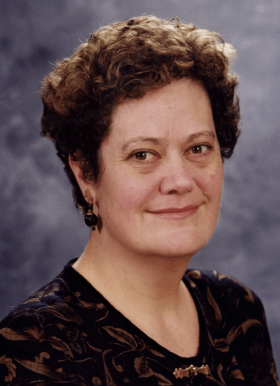
Elizabeth C Childs
Etta and Mark Steinberg Professor of Art History; Professor of French (Courtesy Affiliation); Professor of Women, Gender and Sexuality Studies (Courtesy Affiliation)
- Email: ecchilds@nospam.wustl.edu
Modern art
Colonialism and imperialism
Constructions of canons of art
Orientalisms
Visual culture of travel and cross-cultural encounter
Feminist art history
Native American arts, Pacific Arts (historic to contemporary)
Course Description:
The arts of Native American communities demand a primary place in both American and global art histories. The historic depth, variety of cultural expression and circumstance of the collection, exhibition, sponsorship and interpretation of Native arts continue to invite our careful and critical attention. We are very well situated in St. Louis to consider both the historic indigenous artistic cultures of our own region, and to observe the vitality of Native modern and contemporary art practice.
We will also consider current museum debates over the ethical and legal considerations of the repatriation of works to Native nations. We will examine a significant range of works—from the Mississippian cultures exemplified by nearby site of Cahokia and Sugar Loaf Mound, to works in private collections in St Louis, to the collections of historic and contemporary objects available for study at the Kemper Art Museum (including R. C. Gorman, Fritz Scholder, Edgar Heap-of-Birds, Juane Quick-to-see Smith, Rose Simpson). At the Saint Louis Art Museum, we will study not only collections on display, but also the special exhibition “Grounded in Clay: The Spirit of Pueblo Pottery” and students will conduct research on objects in SLAM’s collection. We anticipate a research presentation at one or both museums, open to students and the public. We will volunteer at the Brown School’s Buder Center sponsored Powwow in April. We also will conduct a class field trip to Oklahoma City, Oklahoma to visit the First Americans’ Museum.
Fall 2023 Rotating Graduate Studio
Social and Economic Development Practicum
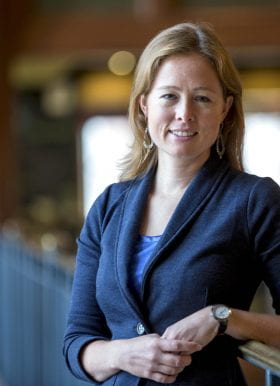
Molly Metzger
Senior Lecturer, Brown School
- Email: mmetzger22@nospam.wustl.edu
antiracist policy
community land trusts
community organizing
economic justice
fair housing
housing justice
tax incentives
Course description:
The Practicum Seminar is a fundamental component of the practicum curriculum and allows students to apply theoretical models in the practice setting. The seminar course aims to integrate what students learn in their curriculum and practicum settings through an experiential learning process. Students are encouraged to share their experiences and demonstrate professional development by recognizing skills, competencies, and evidence-based practice models. This format provides the framework to supports socialization into the practicum setting.
The integrative foundation field seminar fosters a supportive learning environment, enhancing social work practice skills through various experiential activities, such as self-reflection, case studies, interactive discussions, and student-facilitated groups. Also, students will build competence in self-awareness, social work practice, diversity, ethical issues, decision-making, and professionalism.
Fall 2022 Rotating Graduate Studio
The Literature of Black Lives Matter
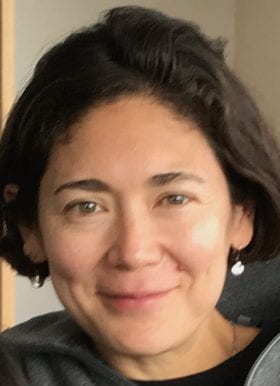
Stephanie Li
Lynne Cooper Harvey Distinguished Professor of English
American Literature
Blackness
Gender and Sexuality
Popular and Political Culture
Racial Representations
Whiteness
Course description:
Black Lives Matter has emerged as the most consequential social movement of our time. This course will explore African American writing published since the hashtag blacklivesmatter galvanized a global uprising following the acquittal of Trayvon Martin’s killer, George Zimmerman. As we read contemporary Black essays, memoirs, and poetry, we will consider how aspects of BLM as a political movement are reflected in the literature of this period, specifically its decentralized leadership structure, intersectional approach to identity and social justice, and emphasis on memorializing the dead. This course will also draw upon the experience and expertise of local BLM activists as we engage with issues at the forefront of racial justice in the St. Louis metro area.
Spring 2021 Rotating Graduate Studio
Alternative Atlas: St. Louis
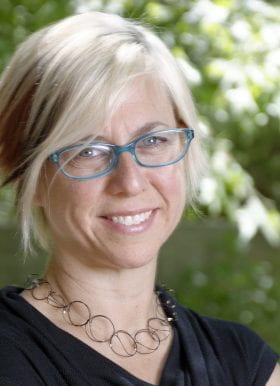
Linda C. Samuels
Associate Professor of Urban Design
- Email: lcsamuels@nospam.wustl.edu
Alternative metrics, Mapping, Resilience, Spatial Justice, Urban Design
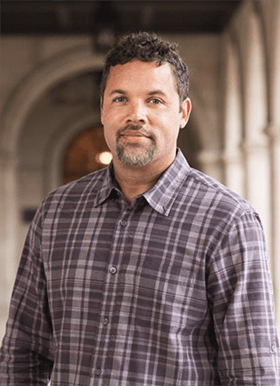
Geoff Ward
Director, WashU & Slavery; Professor of African and African American Studies; Sociology (Affiliate); American Culture Studies (Affiliate)
- Phone: 314-935-9884
- Email: gward@nospam.wustl.edu
Histories of Racial Violence, Legacies, and Reckonings; Visual Redress; Youth Justice; Policing and Courts
Walter Johnson
Winthrop Professor of History and African and African American studies at Harvard University
Course Description:
This collaborative seminar will intentionally combine diverse epistemological frameworks to broaden the understanding of race and spatial relationships in each of the partner disciplines, and to inform our collaborative development of an Alternative Atlas for St. Louis. Whereas traditional atlases claim some degree of neutrality and objectivity – clearly impossible in any mapping – the Alternative Atlas overtly exposes, decodes and displays silenced truths. Content shared across the three courses will fuel projects and partnerships that emerge from the collaboration. Students in the Sam Fox course will be responsible for mapping the core of the Alternative Atlas project.

Sites of Wounding / Sites of Healing is the “first page” of an Alternative Atlas for St. Louis, leading to new ways of thinking, seeing, being and thus making the city through fugitive mapping. It accumulates the violent injustices (red) and liberator memory-work (yellow) and overlays them on the changing racial composition of the city to expose the palimpsestic urban landscape of St. Louis.
Sites of Wounding / Sites of Healing illustrates how the history of St. Louis consists of more than just points on a timeline or locations on a map. By collapsing both the past and future into the present, this juxtaposition of sites of racial meaning shows how inheritances of violence, oppression, and pain commingle with the emergent possibilities for liberation, growth, and joy.
Mapping credit: Bomin Kim
